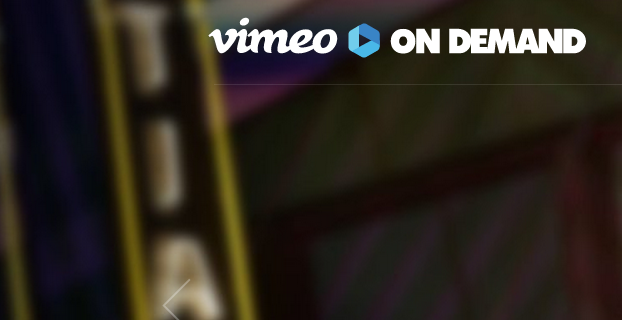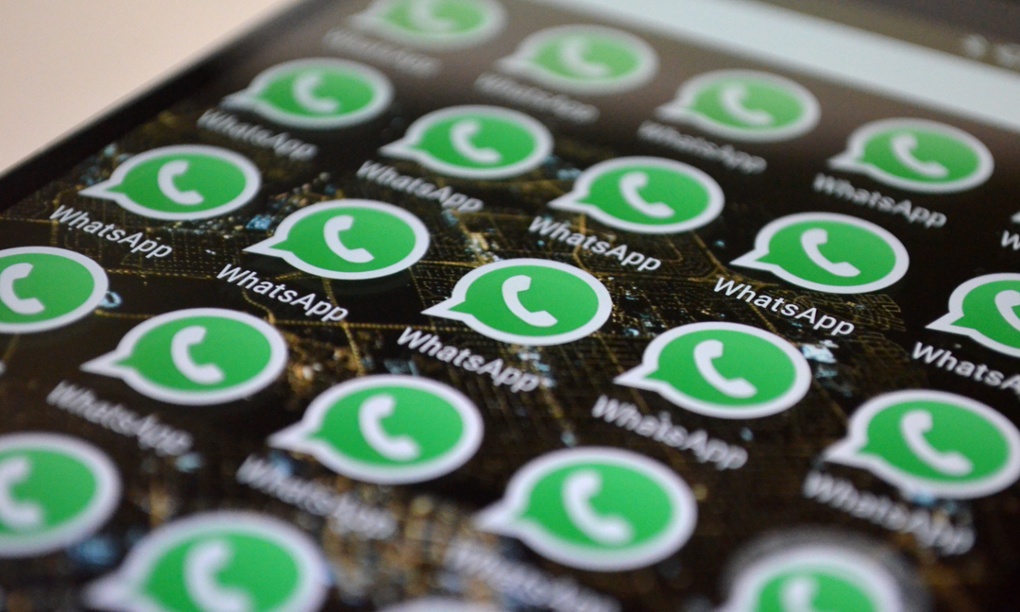Read the original story on: The Verge
In an obvious attempt to catch up with Instagram and increasingly popular messaging apps like WhatsApp and Snapchat, Twitter started rolling out two long-awaited features today: direct video uploads (limited to 30 seconds only) and group messaging in DM. These features should make Twitter more versatile and completive, but it might be too little too late as users have already been comfortably enjoying similar features on rival platforms. Still, brands should explore these new features to find new ways to connect with the audience.









